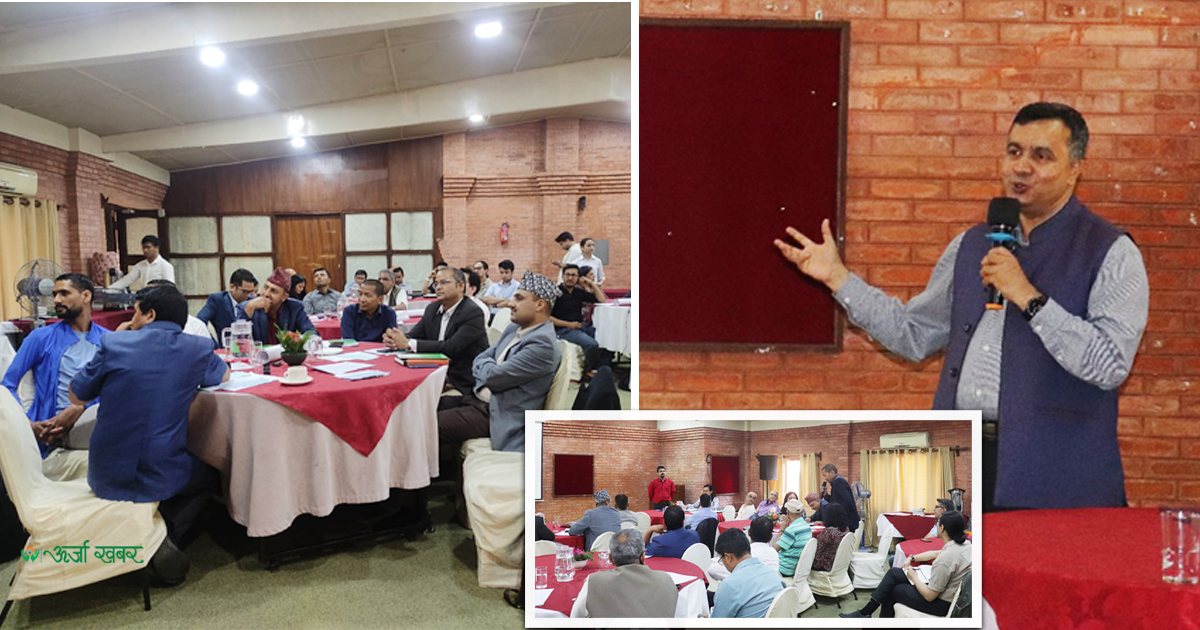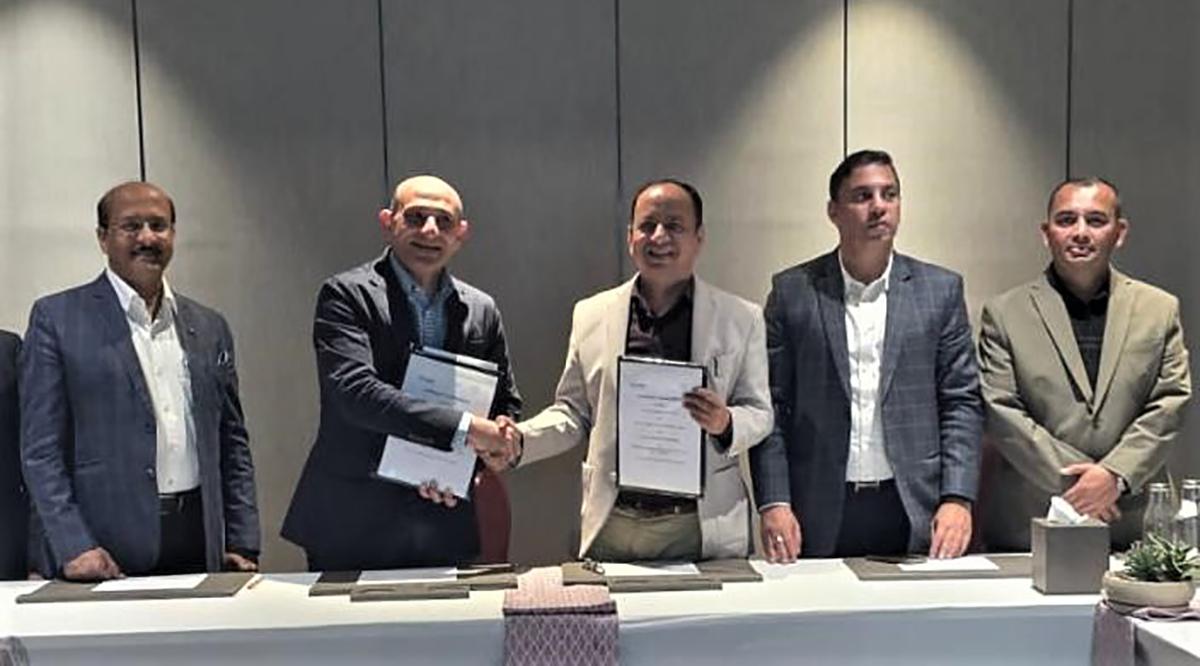Energy Update
Integration of Efforts and Access for all are Essential for Enhancing Energy Efficiency : Experts

Kathmandu; Experts have emphasized that integrating Energy Efficiency (EE) into production, consumption, and reducing carbon emissions, as well as enhancing access and security, is crucial. In a two-day workshop organized by the Alternative Energy Promotion Center (AEPC) in Godavari, Lalitpur, on the theme "Coordination, Planning, and Implementation Prospects of Energy Efficiency Activities with Staleholders," participants highlighted that the country can only make significant progress in EE development through collective efforts aimed at ensuring appropriate energy access and enhancing energy security.
In the workshop, representatives from government agencies, experts, academia, private and financial sectors, and media presented their contributions to the implementation of the National Energy Efficiency Strategy 2075, which the government has introduced to further advance EE initiatives in a robust manner. The main goal of the National Energy Efficiency Policy is to double the rate of annual improvement in EE by 2030, as announced during the United Nations Climate Change Conference (COP-28) held in Dubai from November 30 to December 12, 2024.

The Ministry of Energy, Water Resources, and Irrigation (MOEWRI) has also highlighted the importance of energy efficiency and energy security in the white paper issued in 2075. The paper provides clear guidance on implementing energy efficiency at the federal, provincial, and local governments. Additionally, to facilitate industrial development while promoting energy efficiency, the Industrial Enterprise Act, 2076 has been enacted. Furthermore, the International Development Assistance Policy of 2076, emphasizes the adoption of a unified system for the implementation of international development assistance.
Recently, in the budget speech for the FY 2081/82, there have been allocations for the use of energy-efficient appliances and the incorporation of energy-efficient features in building construction. Legal provisions for renewable energy, energy efficiency, and conservation have also been introduced to achieve long-term goals in these areas and to ensure proper management of resources and infrastructure. Stakeholders have provided various suggestions for future activities in the field of energy efficiency in accordance with these diverse legal and policy arrangements.

Sushil Chandra Tiwari, the Secretary of the MOEWRI has highlighted the crucial role of energy in creating industrial development, promoting trade, generating employment, and reducing poverty across the entire nation. He emphasized that the Government of Nepal has entrusted the AEPC, under the MOEWRI, with the responsibility of carrying out all activities related to EE.
Nava Raj Dhakal, the executive director of the AEPC mentioned that although EE work began in Nepal as early as the 1980s, significant progress has been made only after the implementation of policies in 2018. He also expressed confidence that the country can make substantial strides in this field following the passage of the Renewable Energy, Energy Efficiency, and Conservation Act by parliament, which has opened up opportunities for significant advancements in this sector.
Furthermore, during the event, Suman Basnet, the team leader of the Nepal Renewable Energy Programme (NREP), and Badri Nath Baral, the deputy team leader of NREP, along with Shubha Laxmi Shrestha, the deputy director of AEPC, and other experts emphasized the importance of EE for the nation. Representatives from various sectors, including the Ministry of Industry, Commerce, and Supplies (MoICS), Tek Nath Tiwari from the Nepal Electricity Authority (NEA), Dr. Narayan Chaulagain from GTZ, as well as delegates from Kathmandu University (KU), Tribhuwan University (TU), USAID Urja Nepal Program, BEEN, Practical Action, the financial sector, and other stakeholders, presented papers highlighting the significance of EE.
Conversation
- Info. Dept. Reg. No. : 254/073/74
- Telephone : +977-1-5321303
- Email : [email protected]











